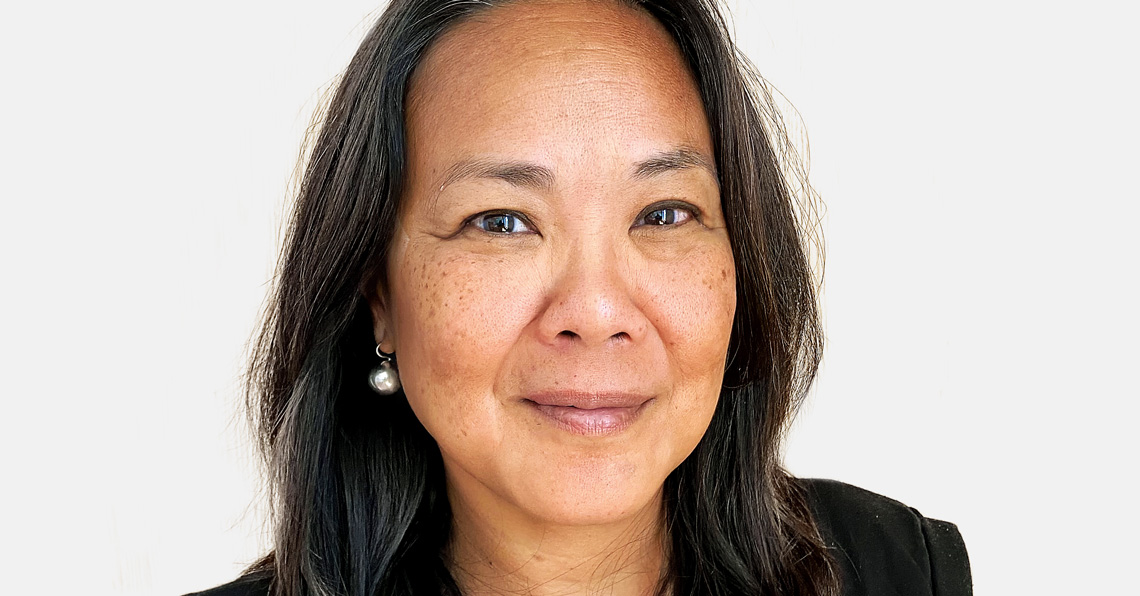What are you reading? Jade Vu Henry
Issue: XXIX.5 September - October 2022Page: 20
Digital Citation
Authors:
Jade Henry
What does it mean to be a "good" researcher? How does one carry out rigorous and collaborative ethical research that promotes more-just and sustainable societies? To grapple with these questions, I have been reading the works of Eve Tuck, professor of critical race and Indigenous studies at the University of Toronto, and a member of the Aleut community in Alaska.
In 2009, Tuck published "Suspending Damage: A Letter to Communities" in the Harvard Educational Review. This letter called for a moratorium on "damage-centered research"— research that "operates, even benevolently, from a flawed theory of change that establishes harm or injury in order to achieve reparations" [1]. Damage-centered approaches are related to, but distinct from, deficit models of research. Whereas deficit approaches seek to identify shortcomings in individuals in order to intervene at the micro level, damage-centered research works at the macro level, and is premised on the assumption that documenting harm and destruction in historically marginalized communities leads to structural change. "But do the material and political gains come through?" asks Tuck, "[a]nd most importantly, are the wins worth the long-term costs of thinking of ourselves as damaged?" (Tuck's emphasis) [1].

Rather than capturing only damage or deficits (and by default, assets), Tuck urges readers to also attune to the desires of marginalized communities. Tuck develops this desire-based framework for research in "Breaking up with Deleuze: Desire and Valuing the Irreconcilable" [2]. Putting decolonializing, Indigenous, and participatory action research into play with the writings of Gilles Deleuze and Felix Guattari (e.g., [3]), Tuck writes, "Desire is not an absence—not I something that is blocked or missing, so therefore wanting. It is not a hole, not a gap, not a lacking, but an exponential growing assemblage" [2]. Studying assemblages of desire, she argues, allows researchers to recognize the complexity of lived lives, to honor wisdom and hope while documenting pain and loss, to engage with multiplicities and contradictions, and to value—rather than dismiss or elide—that which is irreconcilable.
Studying assemblages of desire, Tuck argues, allows researchers to recognize the complexity of lived lives, to honor wisdom and hope while documenting pain and loss, to engage with multiplicities and contradictions, and to value— rather than dismiss or elide—that which is irreconcilable.
Valuing the irreconcilable is far from a feel-good platitude. In "Decolonization Is Not a Metaphor" [4], Tuck and coauthor K. Wayne Yang describe the thorny distinctions that separate decolonializing perspectives from civil rights movements, human rights campaigns, and critical research methodologies. The authors also articulate how non-Indigenous allies gloss over such distinctions by making "settler moves to innocence." Politically progressive readers may squirm, and come away feeling frustrated with a sinking feeling that solidarity for social justice will never be possible. But this is precisely Tuck and Yang's point—that "[s]olidarity is an uneasy, reserved, and unsettled matter that neither reconciles present grievances nor forecloses future conflict" [4]. What is required, they argue, is not happy consensus and enduring coalitions, but rather an ethical framework of incommensurability that attunes to the nuances and paradoxes of our desires, "so that we can be more impatient with one another, less likely to accept gestures and half-steps, and more willing to press for acts that unsettle innocence" [4].
1. Tuck, E. Suspending damage: A letter to communities. Harvard Educational Review 79, 3 (2009), 409–428; https://doi.org/10.17763/haer.79.3.n0016675661t3n15
2. Tuck, E. Breaking up with Deleuze: Desire and valuing the irreconcilable. International Journal of Qualitative Studies in Education 23, 5 (2010), 635–650; https://doi.org/10.1080/09518398.2010.500633.
3. Deleuze, G. and Guattari, F. A Thousand Plateaus: Capitalism and Schizophrenia. Univ. of Minnesota Press, Minneapolis, 1987.
4. Tuck, E. and Yang, K.W. Decolonization is not a metaphor. Decolonization: Indigeneity, Education & Society 1, 1 (2012); https://jps.library.utoronto.ca/index.php/des/article/view/18630
Jade Vu Henry is an Honorary Research Fellow at UCL's Faculty of Education and Society in the Department of Culture, Communication and Media. Her work focuses on the ethics and politics of educational technologies. Prior to getting her doctorate, she worked for over a decade on public health data analytics for community-based health initiatives in the public and private sectors. [email protected]
Copyright held by author
The Digital Library is published by the Association for Computing Machinery. Copyright © 2022 ACM, Inc.


